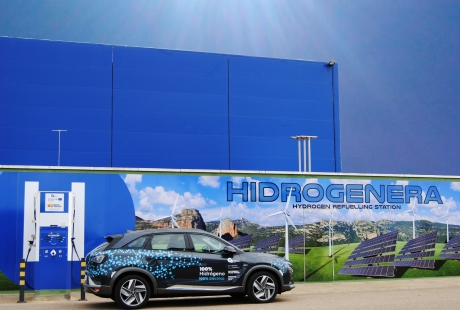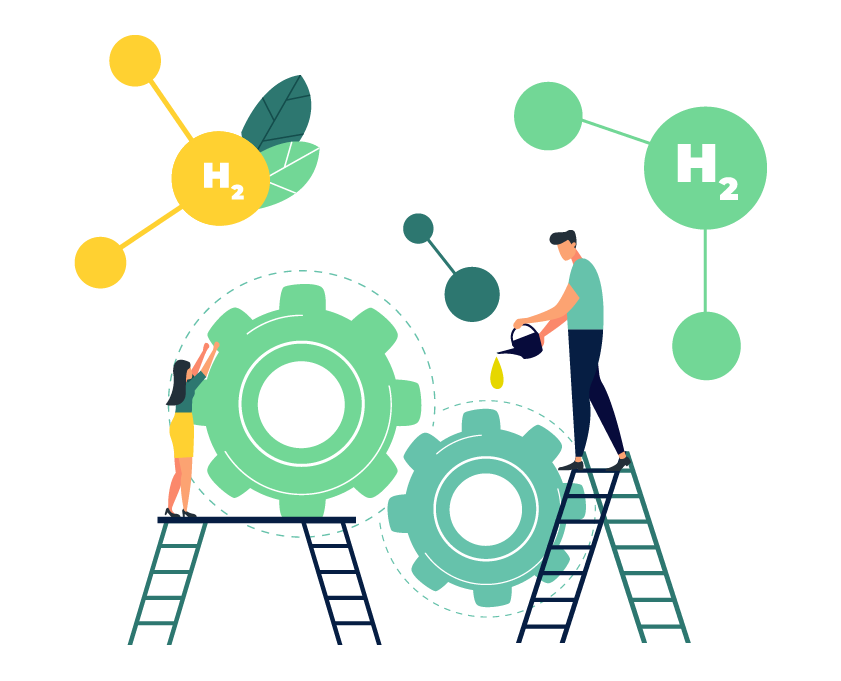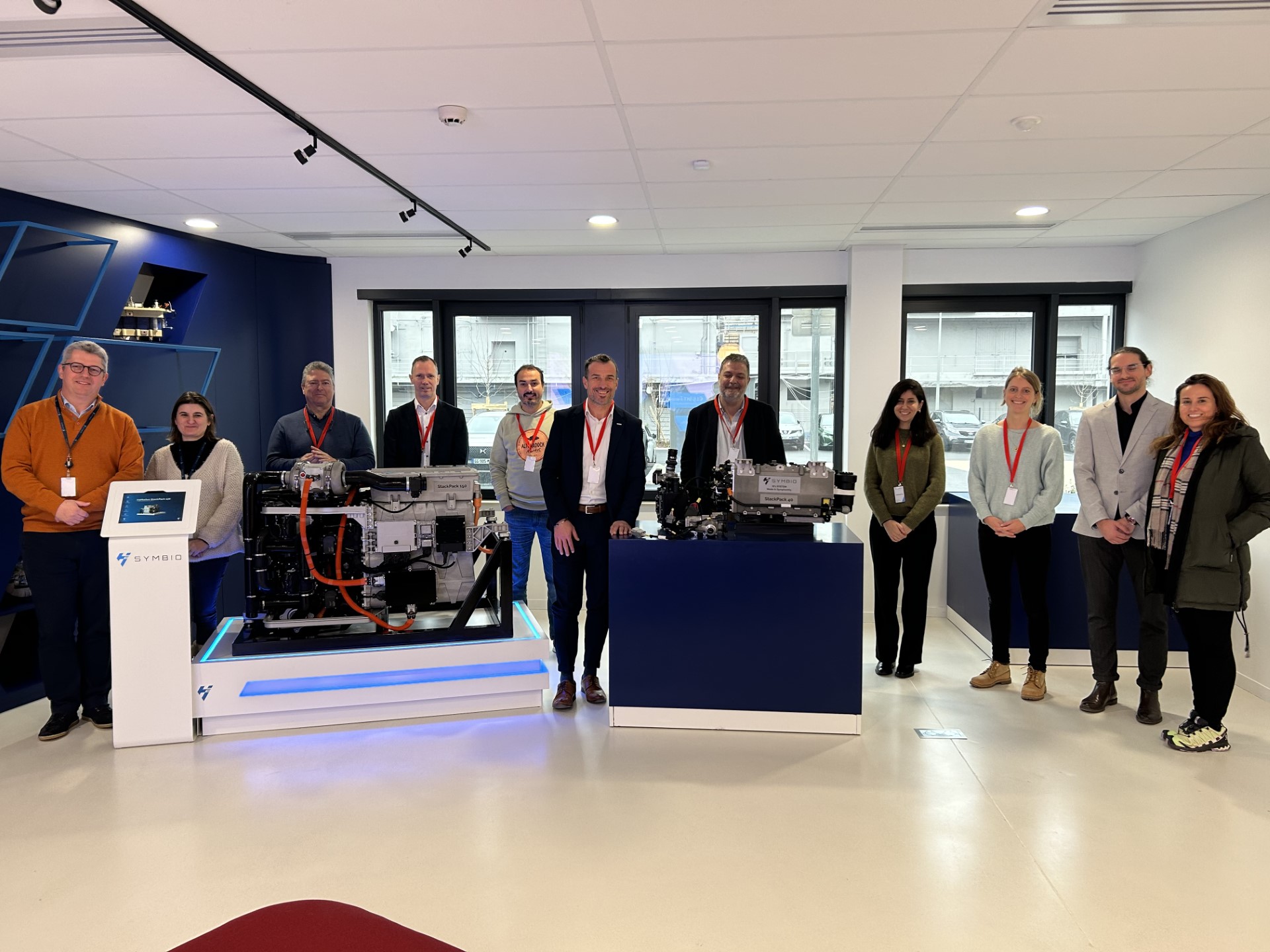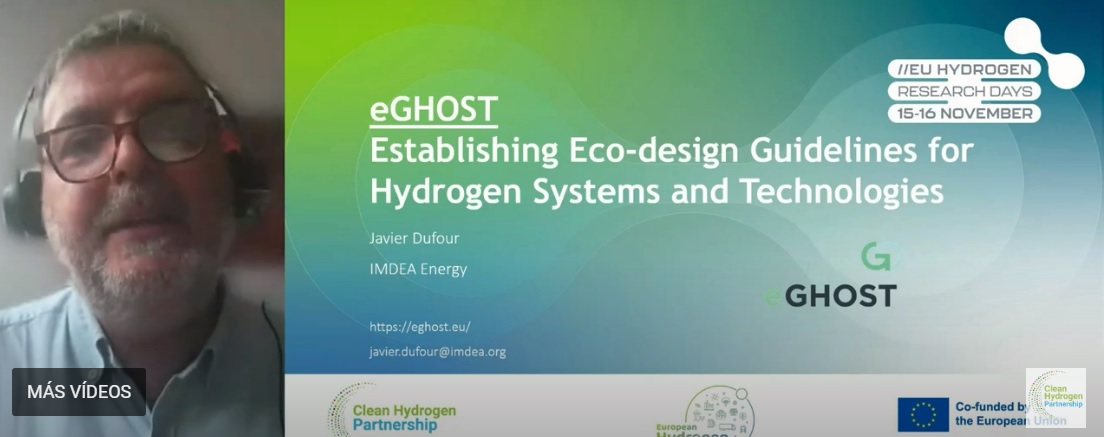
The Aragon Hydrogen Foundation participates in the eGHOST project, pioneer in Europe.
The eGHOST project seeks a sustainable design that minimises the economic, environmental and social impacts of hydrogen systems throughout their life cycle.
An international consortium in which the Hidrógeno Aragón Foundation participates and led by the Madrid-based research institute IMDEA Energía will define the eco-design principles for electrolysers and fuel cells.
The European Commission considers green hydrogen essential to meet its commitment to achieve a carbon neutral and circular economy by 2050. To achieve this, Europe wants to accelerate the use of hydrogen-based technologies that will allow it to decarbonise economic sectors and store energy to cover demand when there is no renewable generation.
Likewise, Spain has also recently proposed a roadmap aligned with the European strategy, to contribute to leading the promotion of hydrogen as the energy model of the future and, in turn, to comply with the United Nations Sustainable Development Goals.
Green hydrogen is an energy vector produced from renewable energy sources and it is essential to ensure its sustainability by establishing eco-design guidelines that have a favourable impact from an economic, social and environmental point of view throughout its life cycle. That is, from the design itself, to the production, use and end-of-life of hydrogen technologies. Ecodesign is thus a key part of the circular economy.
In this context, the pioneering eGHOST (Guidelines for Hydrogen Systems and Technologies) project will define ecodesign guidelines and criteria for two reference products: solid oxide electrolysers for hydrogen production and proton exchange membrane fuel cells for hydrogen power generation. These products are attracting increasing interest due to their versatility and multiple applications, such as hydrogen cars.




